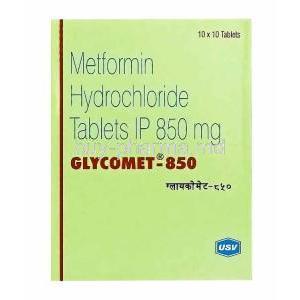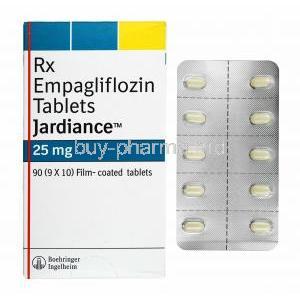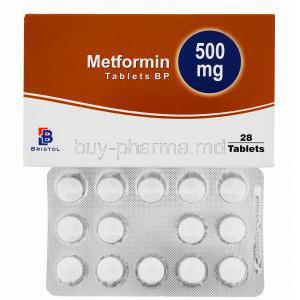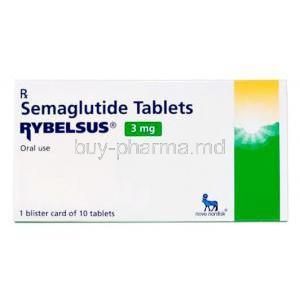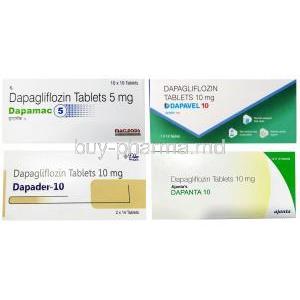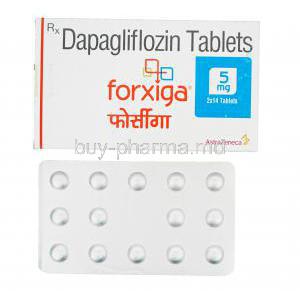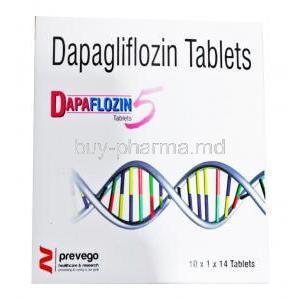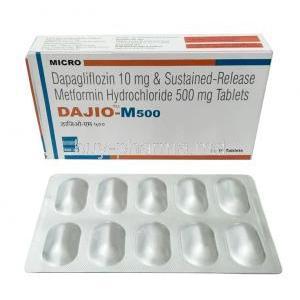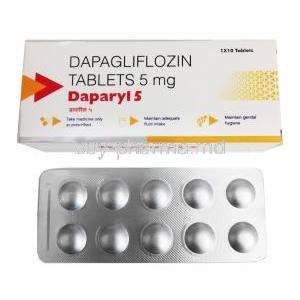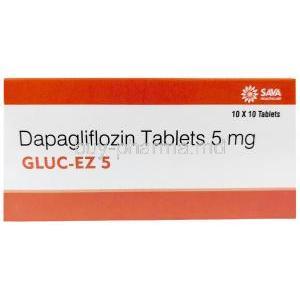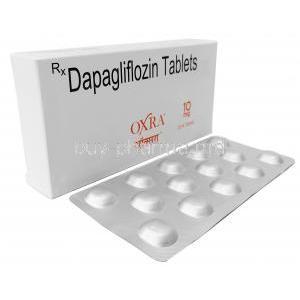Avandia
- Introduction
- Uses of Avandia
- How Avandia Works
- Dosage and Administration
- Composition of Avandia
- Side Effects
- Common Side Effects
- Off-label Uses of Avandia
- Storage
- Interaction with Other Drugs
- Warnings
- Contraindications
- Careful Administration
- Important Precautions
- Administration to the Elderly
- Administration to Pregnant Women and Nursing Mothers
- Administration to Children
- Overdosage
- Handling Precautions
Introduction
The pharmaceutical industry is incredibly diverse, offering a range of medications for various conditions. One such medication is Avandia, widely known for its effectiveness in managing type 2 diabetes. Avandia was developed after research and has become a significant part of medical history. Nowadays, it is primarily prescribed for conditions that require blood sugar management.
Uses of Avandia
Avandia is an oral diabetes medicine that helps control blood sugar levels. It is mainly prescribed for the management of type 2 diabetes. In these conditions, it works by making cells more responsive to insulin, thus facilitating the absorption of glucose12.
The duration of treatment with Avandia varies depending on requirements. It can address temporary spikes in blood sugar levels or as a long-term component of a diabetic patient’s treatment plan2.
Here are some references that provide more information about Avandia:
- Medscape: This website provides detailed information about Avandia, including its dosing, indications, interactions, adverse effects, and more.
- Drugs.com: This website offers comprehensive information about Avandia, including its uses, dosage, and side effects.
- Wikipedia: This page overviews Avandia, including its pharmacology, clinical use, and side effects.
How Avandia Works
Avandia pharmacodynamics delves into its workings. At a level, it targets explicitly peroxisome proliferator-activated receptor gamma (PPARγ), a nuclear receptor that affects gene expression related to glucose and lipid metabolism. Regarding blood sugar levels, Avandia helps improve insulin sensitivity, aiding in regulating blood sugar levels, which is crucial in managing diabetes. Moreover, Avandia also impacts metabolism and extends its influence to other bodily systems, demonstrating a broader physiological impact beyond just glucose management.
Dosage and Administration
It is crucial to be precise in determining the dosage of Avandia to maximize its therapeutic benefits while minimizing any adverse effects. Here are some standard dosing guidelines: Typically the medication is started at a dose, and adjustments are made based on how the patient responds and tolerates it. Modifications may be necessary when dealing with patients who have profiles such as liver problems or advanced age. These variations require personalized dosing approaches. Some tips include administering the medication after meals or combining it with other hypoglycemic agents to enhance effectiveness and reduce potential side effects.
Composition of Avandia
Avandia comprises a combination of the ingredients and other substances that support its effectiveness. The primary therapeutic component in Avandia is Rosiglitazone. Additionally, auxiliary substances include, such as binders and preservatives, which help ensure that the drug is delivered effectively and remains stable. Avandia is commonly found in oral tablets, and its appearance has distinct characteristics that make it easily recognizable for patients.
Side Effects
Like any other medication, Avandia can have side effects. These are physical reactions that can occur after taking Avandia. If you experience any symptoms, they can range from nausea to more severe concerns related to your cardiovascular health. It's essential to be vigilant about your health and seek medical intervention if needed. In case you experience any severe reactions after taking Avandia, it is recommended that you promptly report them to healthcare professionals or regulatory agencies.

Common Side Effects
Various side effects can occur; some are more commonly experienced. Regarding frequency, edema, headaches, and fatigue are among the frequently reported ones. To elaborate on these symptoms, Edema refers to retention, which leads to swollen extremities. Headaches can be recurring or persistent. Fatigue signifies a feeling of tiredness and exhaustion. As for managing these symptoms, recommendations include adjusting the dosage, providing treatment, and making necessary lifestyle modifications.
Off-label Uses of Avandia
Avandia is an anti-diabetic medication that has shown potential benefits in other metabolic conditions according to preliminary research1. However, it’s important to note that off-label uses may come with side effects due to non-standard administration. Therefore, when exploring these territories, it is crucial to prioritize informed consent and ensure awareness of the associated risks1.
Here are some references that provide more information about Avandia:
- Medscape: This website provides detailed information about Avandia, including its dosing, indications, interactions, adverse effects, and more.
- Drugs.com: This website offers comprehensive information about Avandia, including its uses, dosage, and side effects.
- RxList: This page provides an overview of Avandia, including its uses and indications.
Storage
It is crucial to maintain the integrity of Avandia to ensure its effectiveness. To achieve this, storing it in a dry place away from direct sunlight is essential. Adhering to the expiration dates is critical for maintaining the potency and safety of the drug. Additionally, it is imperative to keep Avandia out of reach of children and pets, considering environmental factors and their safety.
Interaction with Other Drugs
When taking medications, it's essential to consider potential interactions. Certain drugs like rifampicin, gemfibrozil, or oral contraceptives can affect how Avandia works. These interactions can lead to reduced effectiveness or increased side effects. It is recommended to consult with healthcare professionals for guidance on the drug combinations or alternative options.
Warnings
Given the potency of Avandia as a medication, it is crucial to exercise caution in its use. There are situations where caution is warranted. It is essential to be vigilant when initiating treatment after major cardiac events or in patients with active liver disease. Long-term use of Avandia carries risks. Prolonged administration could potentially. Worsen heart failure may also contribute to osteoporosis. Particular attention should be given to populations. Individuals with compromised organ functions or those taking medications require specialized care and monitoring.
Contraindications
To fully comprehend Avandia's characteristics it is essential to consider its noncompatible situations and medical Incompatibilities; Avandia should not be used in individuals with active liver disease certain cardiac conditions or severe renal impairment as it may not be suitable, for them. Drug Incompatibilities; When co-administered with cytochrome P450 enzyme modulators Avandia pharmacokinetics can be adversely affected. Discontinuation Criteria; If jaundice or elevated liver enzymes occur, it is often necessary to discontinue the use of Avandia.
Careful Administration
Tailored approaches are crucial when dealing with compromised conditions. For instance, in cases of impaired kidney or liver function, the metabolism of Avandia may be affected. Adjusting the dosage is often necessary for physiological states, and it usually involves gradually increasing it based on individual response. To ensure safety, monitoring liver function tests and renal parameters is essential to detect any issues ahead of time.
Important Precautions
To achieve the results from therapy, it is essential to take a range of steps: 1. Initial Assessments: Conducting baseline laboratory tests provides a reference point for monitoring the effectiveness of therapy. 2. Monitoring: Monitoring parameters such as glycated hemoglobin (HbA1c) helps gain insights into how well the therapy works. 3. Empowering Patients: patients must be educated on recognizing symptoms, like swelling or excessive fatigue, and inform their healthcare provider about them.
Administration to the Elderly
The older population, with its physical characteristics, needs customized methods and changes in Metabolism. Aging can often reduce the body's ability to process and eliminate drugs. Taking Dose into Account: Using an approach when determining the appropriate dosage and considering potential side effects is crucial. Unique Issues in the Elderly: We should be mindful of issues like delirium or an increased risk of falls in individuals.
Administration to Pregnant Women and Nursing Mothers
The health of mothers and children is an aspect that requires careful consideration. Regarding the fetus or infant risks, we must be cautious about harmful effects or transmission through breastfeeding. Before making any decisions during pregnancy or while breastfeeding, it is essential to evaluate the balance between risks and benefits thoroughly. In cases with identified risks, antidiabetic medications might be worth considering.
Administration to Children
Pediatric pharmacotherapy presents challenges and factors to consider. One of the challenges is the limited availability of studies and the unpredictable responses seen in children, which require us to make well-informed decisions. We rely on a weight-based approach when it comes to dosing medications for children. Closely monitor their progress. Additionally, we need to be mindful of concerns such as hypoglycemic unawareness or potential impacts on growth that may arise in this particular age group.
Overdosage
When someone consumes too much Avandia, it's crucial to intervene quickly. Recognizing symptoms like acidosis or severe hypoglycemia can indicate an overdose. The first steps might involve lavage or giving activated charcoal, followed by managing the symptoms. Monitoring for any long-term effects on the liver or heart after an overdose is crucial.

Handling Precautions
Medication management goes beyond administering drugs. It involves ensuring drug integrity by avoiding exposure to extreme conditions using child-resistant packaging and secure storage to prevent accidents and healthcare professionals adhering to accidental spillage or exposure guidelines.


